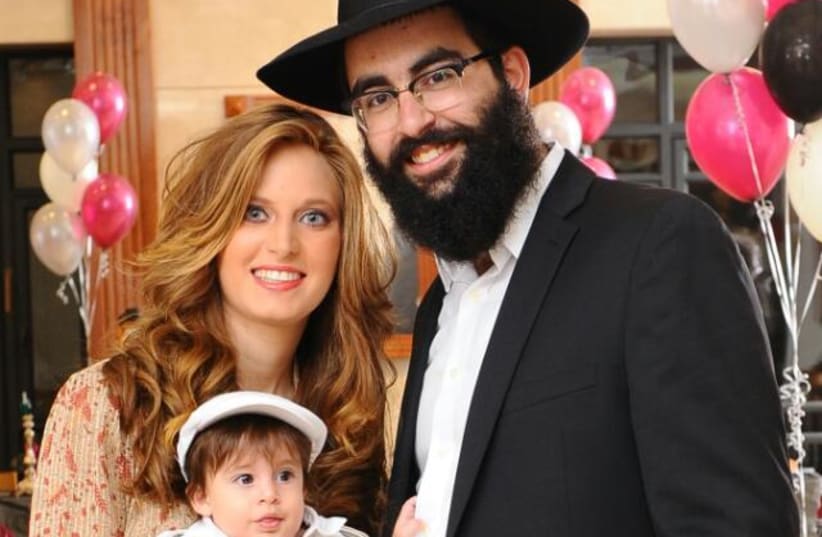A new Uganda plan: Emissaries to open first Chabad house in Kampala
In Kampala, there is no organized Jewish community, except for a synagogue and a school affiliated with the African community of Abayudaya, who keep certain Jewish customs and see themselves as Jews.
